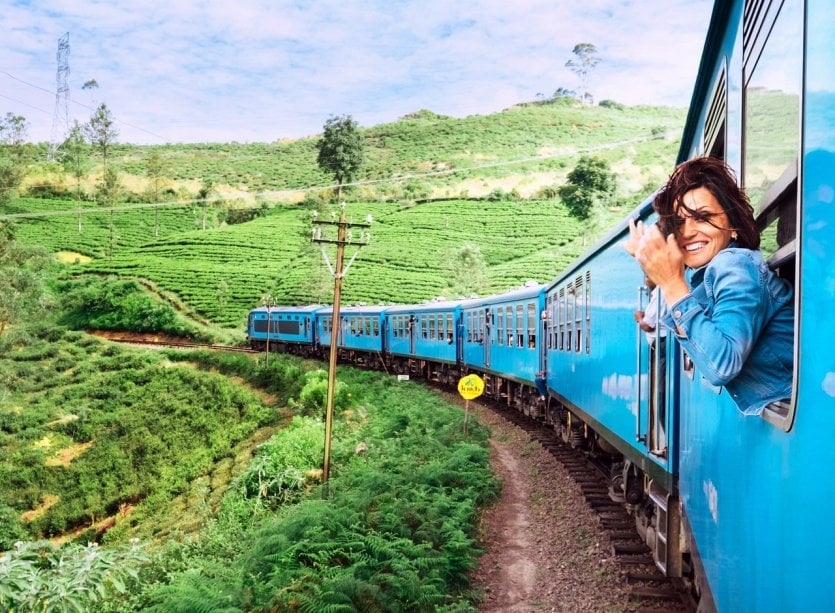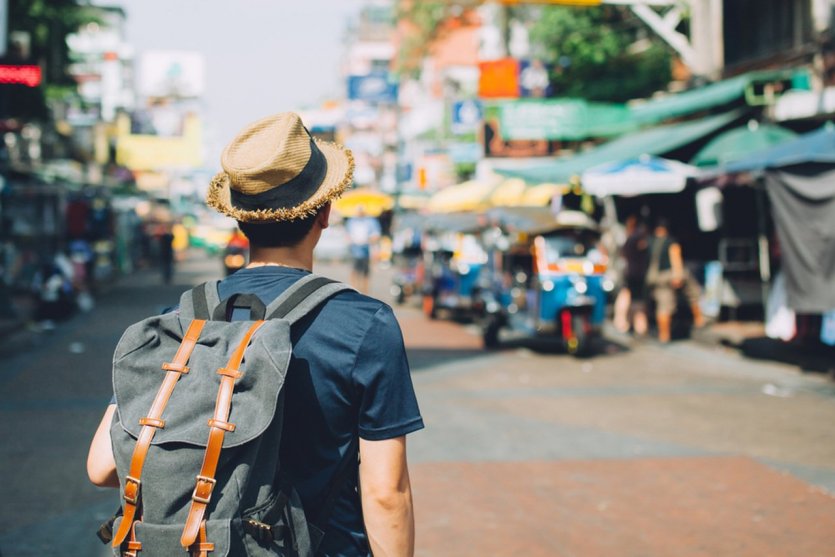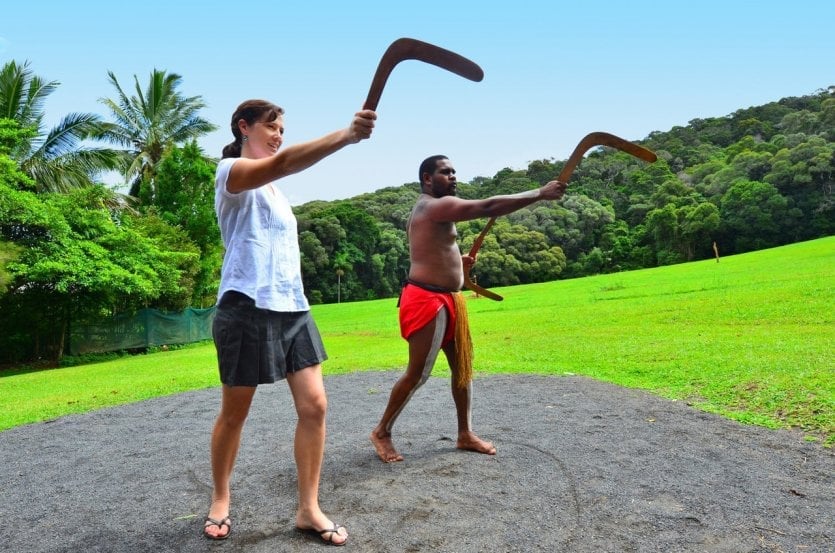
As its name suggests, slow travel is travelling differently, according to your desires, and especially by taking your time. Our instant society has often made us forget these basic principles by advocating city breaks and other lists of monuments to see at least once in his life. If it is true that the world is full of beauties to discover, let us remember that travel rhymes with pleasure and above all, curiosity. What better way to satisfy the latter than to meet the populations in more remote sites, far from the most popular tourist spots? Slow tourism is about immersing yourself in a new daily life without worrying about the passing of time. If you are not yet convinced, here are our ten good reasons to succumb very quickly to slow travel or slow tourism
Go to the premises

This is one of the best reasons to take your time. Going away for two months in China instead of two intensive weeks, enjoying the luxury of a one-month itinerant trip to Burma instead of a week, is an opportunity to talk with the locals, who are certainly the best guides there are. Meeting the locals is discovering a new culture, a new way of life, and it's also the best way to avoid catchy tourist restaurants!
Saving money

We don't always think about it, but taking your time is a good plan! More concretely, the rental of long-term accommodation often offers a small promotion on the total price of the stay. Slow travel also allows you to take time to cook good meals and avoid eating out every day, which is an undeniable source of expense. But the biggest savings are concentrated on transport: by no longer being in a hurry, it is possible to leave at any time with the best offers and take advantage of means of transport that are slower than air travel such as buses or trains.
Allow more space for improvisation

Travelling is fleeing your routine, and for that reason slow tourism is ideal. Having time avoids preparing a to-do list and other travel programs based on your instincts and the advice of locals or other travellers. We then leave room for improvisation by modifying the program at the last moment according to your desires or weather constraints: the stifling heat prevents you from going up to Corcovado in Rio de Janeiro? Direction Ilha Grande for her beautiful beach of Lopes Mendes!
Reduce its impact on the environment

Slow travel is one of the most environmentally friendly ways to go on a trip. Indeed, having the time allows you to favour slower transport such as cycling or buses and thus considerably reduce your carbon footprint by avoiding internal theft. Traveling through India by train, for example, is an experience in itself, along legendary routes from state to state. It is also the best way to meet Indians and learn a lot about this country during a long trip. A great way to preserve the environment!
Resting

When you travel, you always want to see more by collecting visits and excursions, to the detriment of a good restorative sleep. But slow tourism means slow holidays! Travelling slowly allows you to take the time to sleep on the beach, procrastinating as much as you like for the must-see visits. It's the best way to get back on track before you get back to your daily routine. All the more reason to extend your stay!
Buy a new daily newspaper

Trading one's routine for another is good for you! Slow tourism allows you to enjoy a new daily life, no longer flying over destinations but really living them. By staying for several weeks in the same place, you will have the impression of knowing its most secret corners and all its good tips. Want to know where the best ramen restaurant in Tokyo is or greet your little neighbourhood scoop in Phnom Penh?
Do not limit yourself to tourist stops in the country

Of course, the Taj Mahal is splendid and of course, the Sagrada Família is worth a visit, but it would be a shame to summarize India and Spain to these monuments! Slow travel allows you to discover and venture off the beaten track, less frequented by tourists due to lack of time. However, their beauty is no less than that, on the contrary! They give another vision of the country and its history to the privileged who will be able to enjoy it: a guaranteed change of scenery!
Discover a new culture, a new language

Travelling slowly allows you to really get involved in the country's culture, in particular by discovering its sporting, literary or cinematographic culture. For example, you have to take the time to see a Bollywood movie in India, or to read Dostoyevsky or Tolstoy while travelling in Russia. With a little more time, you might even consider learning the basics of a language by communicating with the locals or playing a new sport!
Enrich your gastronomic knowledge

Discovering new horizons also means adding to your cookbook! In contact with the inhabitants, you will learn to use the local food available to you. Spices, vegetables and condiments vary from country to country, so you will have to adapt your cooking methods to the food on the market. When you return, we are sure that you will impress your guests with your succulent gyozas or dahl!
Returning with a new state of mind

More beneficial than you might think, slow travel allows you to see life differently when you return. Indeed, taking your time has many positive points on a daily basis, including reducing stress. Despite professional and family constraints, you may well succumb to idleness on your couch more often than before! Of course, it's not as good as a Caribbean beach, but it's the perfect place to plan your next getaway!


